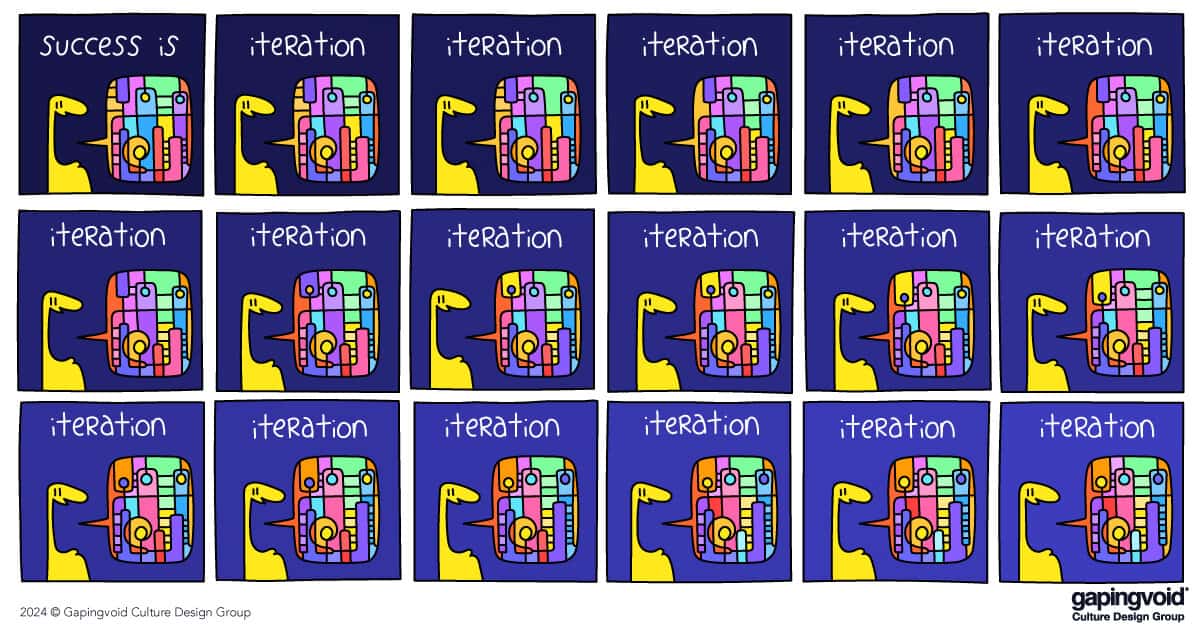
Even though he’s as rich and famous as a movie star, and never has to work ever again, the standup comedian and podcaster, Joe Rogan still likes to play small comedy clubs. He even opened one recently, near his home in Austin, Texas.
Based on what we’ve heard him say on his podcast over the years, we believe he does this for many reasons: because it’s fun for him, because he enjoys the intimacy and energy of a small club and because he likes staying connected to the grass-roots, street level comedy scene he came from.
But one of the main reasons it seems he does this (as do other well known comedians) is simply because the consequences of “bombing” in a small club are a lot less severe than if he bombs, say, on a TV special or a big theater with thousands of people in the audience.
This affords him what every artist wants- a low-pressure opportunity to hone their craft, to try out new material, to test the audience, to see what’s actually working, to tweak what isn’t.
In other words, to ITERATE.
But what works in comedy also works in business. Especially on the Internet.
Besides enabling better communication between people, we believe this increased ability to iterate is also the main cultural benefit of the Internet. Creators get to try things out with their audience, launch new products, discover new niches and business opportunities, a lot cheaper and faster than the old analogue world ever allowed.
The well known Venture Capitalist, Chris Dixon writes about it in his new book: Read Write Own: Building the Next Era of the Internet (N.B. Tim Ferris published a lovely excerpt here):
“Starting in narrow and deep niches could help a new social network get over the initial hump. Targeting a group with common interests, like people interested in new technologies or new media genres, is one way to plant the seeds of a community. The most valuable users will likely be up-and-comers who don’t have big followings elsewhere. When YouTube started out, it didn’t succeed by getting creators from TV and other forms of media. New stars rose along with the platform. That’s the power of native over skeuomorphic thinking.”
So here’s a thought: Instead of framing the Internet just in terms of communication, collaboration, marketing, etc, what if instead, businesses like yours started thinking of the Internet as a high-speed “Iteration Accelerator”?
Would that change the way you used it? Asking for a friend…



